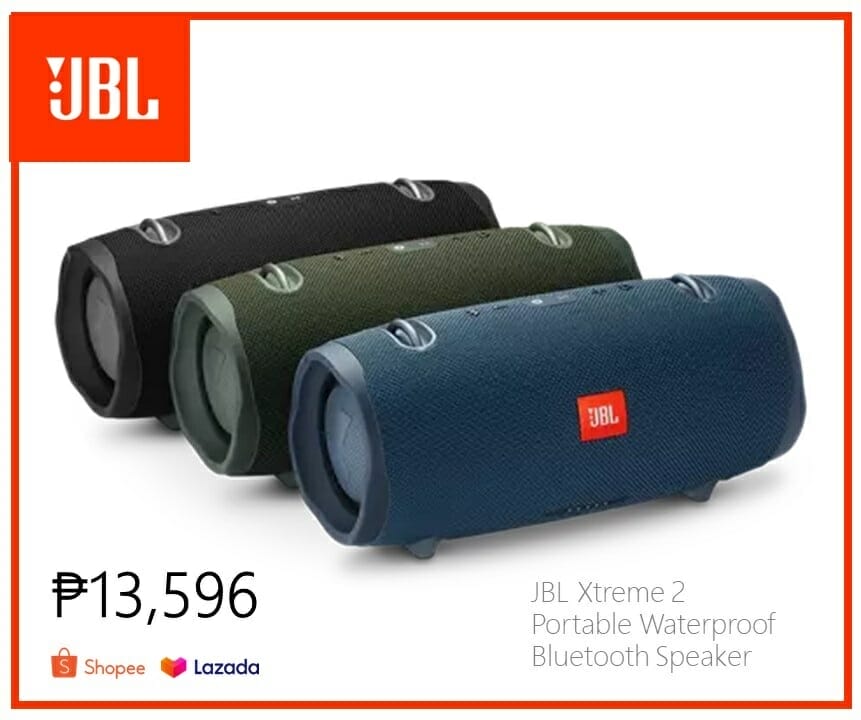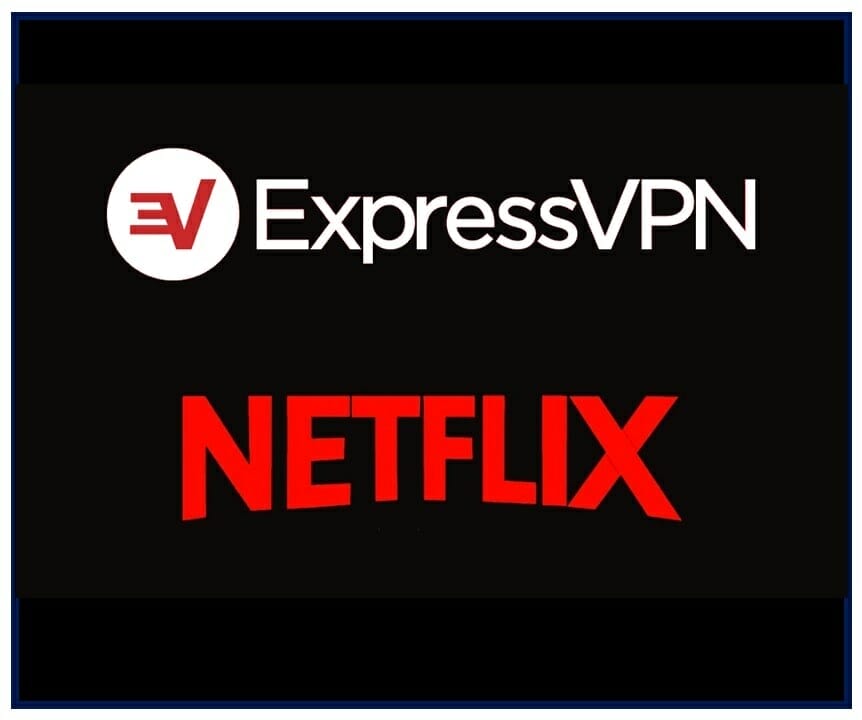Is Green Credit Still Valuable?
The green credit dilemma.
When we say 100 percent green, we imply that the company is getting all of its power from wind, solar, geothermal, or biofuel plants. Companies might be claiming to do so for the environment, but their actual purpose is also attaining a Renewable Energy Certificate (REC).
The RECs certifies that a company is obtaining all its power supply from renewable sources of energy. According to a study shared by the National Renewable Energy Lab of the U.S. Department of Energy, around 13,000 customers bought 10.5 billion certificates in 2007. Nobody knows exactly what these cost, but the lab’s best estimates a range from $100 million to $500 million.

The practice of purchasing the certificates has also been supported by the Federal agencies. Annual awards are handed over by the EPA to the companies who purchase green power through REC suppliers. This, in turn, encourages competition between universities and other organizations vying to be the greenest among them all.
If this is not enough, then we also have the World Resources Institute and the World Wildlife Fund that published a guide book, the Renewable Energy Buyers’ Principles, on helping companies formulate strategies to go 100 percent clean. The simplest avenue available is to purchase renewable-energy certificates (RECs), or credits, that enable companies to claim 100 percent renewable sources without getting their power directly from solar panels or wind turbines.

The government has not issued any defined set of rules to verify that the companies are actually using the renewable energy sources. While some countries claim that they have laws that mandate third-party audits, many do not. Getting there still involves a complicated set of decisions, compromises, tough conversations with utilities, and financial maneuvering.
What drives this trend of going green are the reducing prices for renewable energy certificates, strict government policies, public and shareholder pressure, and a growing body of evidence that is provided by opting for renewables over fossil fuels. Hundreds of companies like Intel, Cisco and IBM had already purchased RECs but continued to buy power from conventional utilities generating electricity for fossil fuel. It has now just become a big business for green credit.
Green credit dilemma (Source: Credit Education)
However, the I-REC Standard issued a stand about issuing certificates and generators stating that they provide energy attribute tracking systems that are easily implemented to consumers in all regions as for compliance. They believe that consumers are given a choice to where they consume electricity and get resources within their region. They added that attributes and uses of renewable electricity purchased is also disclosed by end-users.


















